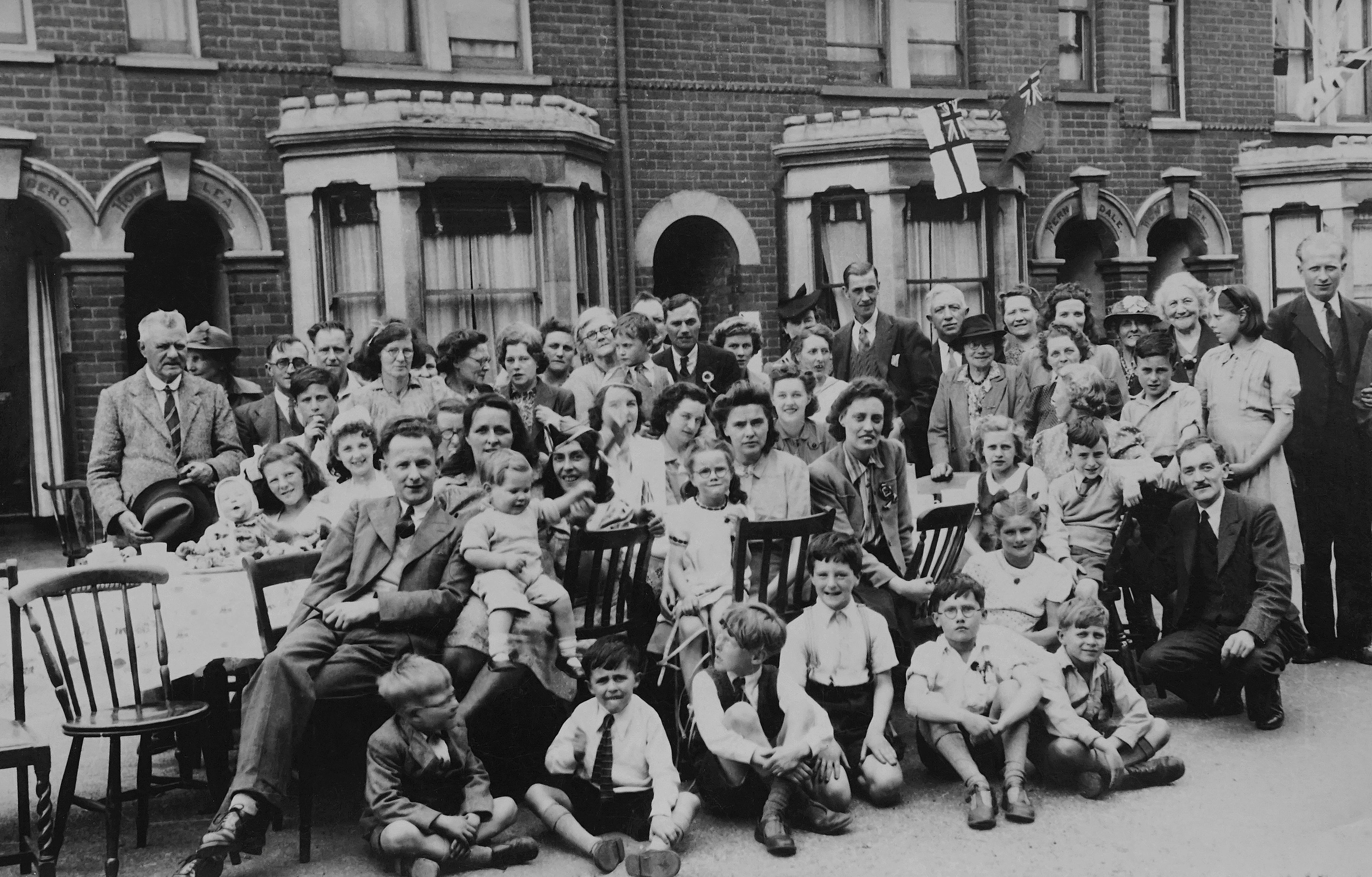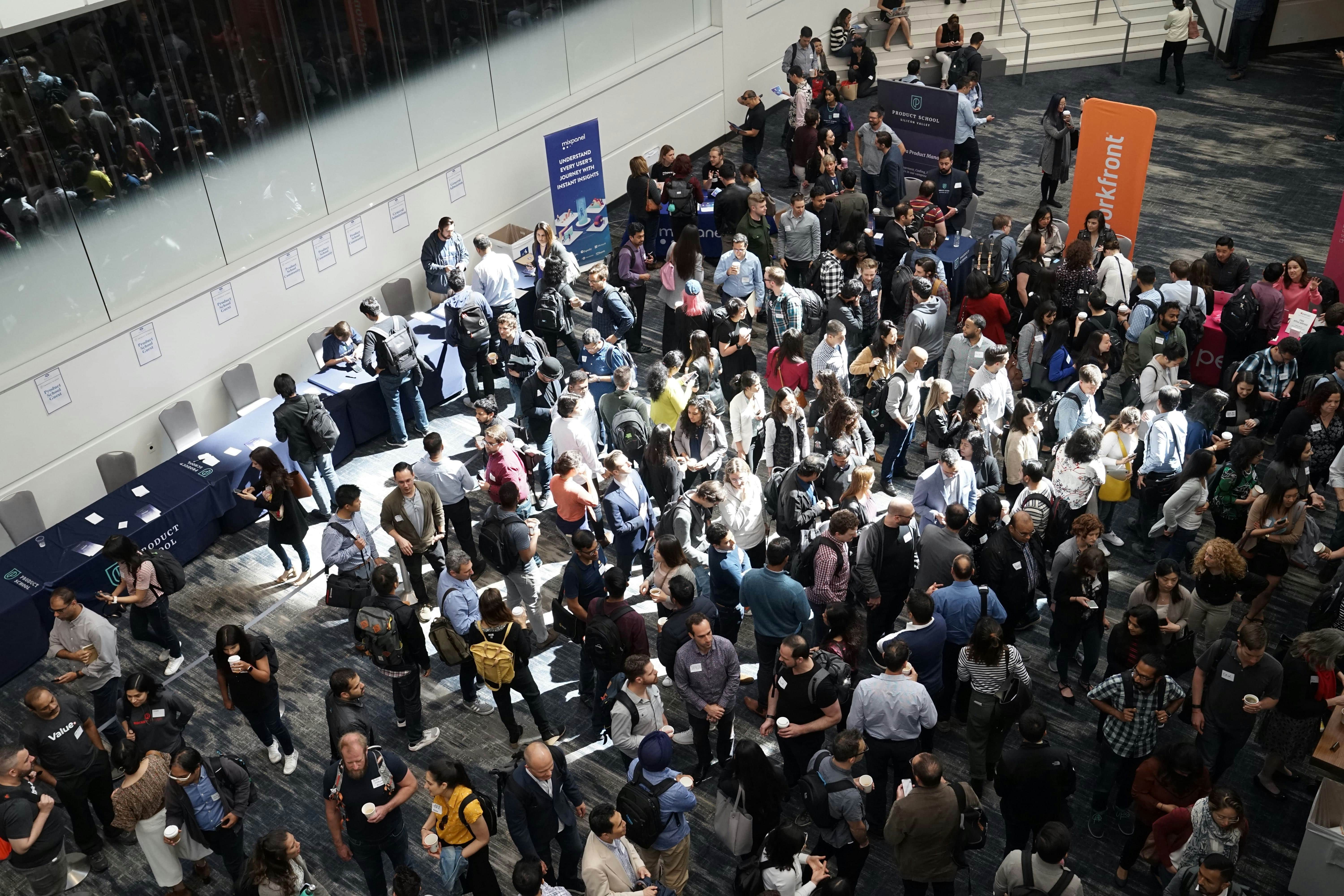Published on: 06 October 2023
Planning and organising a careers fair is a monumental and multifaceted task that calls for meticulous planning, great communication and strong teamwork. The aim is to create a platform where employers and potential employees can interact and explore opportunities. With so much to take into consideration both before and on the day, organising a successful job fair can seem like a daunting challenge. In this article, we’ll take a closer look at the steps involved, including setting a budget, promoting the event and arranging insurance.
What is a career fair?
A career fair is an event where employers and recruiters congregate to share information about job opportunities within their organisations to attendees, who are typically job seekers or students exploring career options. It provides a platform for networking, learning about different industries and potentially securing job interviews. Using booths or stands, companies showcase their brand, while attendees can share their CVs and engage in conversations to learn more and build valuable connections.
Organising a careers fair
Behind every great careers fair is an even greater event planner. If this is your first attempt at organising a careers fair (or perhaps you just need a little refresher), here are 12 steps to factor in the planning journey.
1. Define your careers fair objectives
Clarify your primary goals for the careers fair from the outset. Whether it’s providing job opportunities, internships or simply a networking platform, having defined objectives will steer the planning in the right direction.
2. Make it a team effort
Organising a careers fair is rarely a one-person job. Gather a competent team to oversee different tasks, such as marketing, registration and catering arrangements. Ensure everyone involved is aligned with the event's objectives and maintain open communication throughout the planning process.
3. Set out your budget
A well-planned budget ensures you will have the resources you need without breaking the bank. Outline all potential costs, including venue rental, marketing, catering and equipment hire, securing quotations from vendors to have a clear financial picture. Allocate funds realistically, keeping a contingency for unforeseen expenses.
Take a look at our article How to make a budget plan for an event for some more great tips.
4. Secure a date and venue
This is definitely one task you do not want to leave until the last moment, unless you are using your own business premises. Great venues get snapped up early so it’s wise to get the date and venue ticked off the list as early as possible.
When exploring the whens and wheres, you’ll need to take the following into consideration:
- Calendar check: Avoid clashing with public holidays, school holidays or similar industry events.
- Venue suitability: Secure a venue well in advance, ensuring it's accessible, large enough to accommodate all the attendees and equipped with necessary facilities like WiFi, parking, and breakout areas.
- Location: Is the venue within easy reach of most attendees? If people are likely to be travelling from further afield, is there a good selection of hotels in the vicinity?
5. Engage sponsors
Research and contact potential sponsors who are relevant to your event theme, target audience and goals, and offer incentives such as priority exhibition stands, adverts in the fair programme, etc.
6. Book your speakers and exhibitors
Chances are you will already have in mind the speakers and exhibitors you wish to invite to the job fair. Be sure to approach your top priority speakers as far in advance as possible (good speakers get booked up months, sometimes years, in advance) and ensure both they and the exhibitors align with the event objectives and expectations of attendees.
7. Layout planning
Establish how you want the floor plan to look on the day, ensuring the venue can accommodate booths, interview areas and networking zones, facilitating smooth movement and interaction among attendees.
8. Spread the word!
Marketing your careers fair effectively is crucial for its success, so it’s essential to spread the word well in advance. Utilise as many platforms as possible, including social media, newspapers, industry publications, Eventbrite, etc., and consider partnering with educational institutions, job centres and local businesses to broaden your reach. Email campaigns targeting relevant audiences and engaging posts on platforms like LinkedIn can also drive interest.
By using a mix of traditional and digital marketing strategies, you'll reach a wider audience, attracting a diverse group of attendees and employers to your careers fair.
9. Arrange catering
Keeping your exhibitors, speakers, staff and attendees fed and watered on the day is imperative to the fair’s success. Engage the services of one or more good catering companies who offer a diverse range of drinks and snacks. Consider the dietary needs and preferences of your attendees while sourcing a caterer, ensuring a mix of healthy and diverse options.
10. Complete a risk assessment
Conducting a risk assessment is crucial to ensure the safety and smooth operation of your careers fair. Identify potential hazards like fire risks, trip hazards or overcrowding and evaluate the likelihood and impact of each hazard, devising mitigation strategies. Ensure there's adequate signage, accessible emergency exits and trained personnel to handle emergencies.
11. Get your careers fair programme and badges sorted
The programme should list the participating exhibitors, a map of the venue and the event schedule. Distribute it digitally beforehand and have printed copies available onsite. Badges should have clear, legible names, affiliations and a QR code, facilitating easy identity checks and networking opportunities.
12. Sort out your careers fair insurance
Organising a careers fair involves navigating various risks and challenges, so it’s essential to have suitable insurance in place, protecting you against possible unforeseen complications or damages. Public liability insurance, such as our Shows, Fairs and Exhibitions insurance is suitable for careers fair in the UK and includes options for employers' liability and event equipment and cancellation, with adverse weather cover available on request.
Public liability insurance will cover you for the following:
- Accidental bodily injury to a person
- Accidental death of a person
- Accidental damage to third-party property
- Accidental loss of third-party property
So if an attendee trips over a loose wire and injures themselves, or the venue is damaged by an exhibitor stand, public liability insurance can cover your legal costs if you are found to be liable.
Ready to organise your careers fair?
While we hope everything runs like clockwork on the day, it never hurts to plan for the unexpected. Contact us today to find out how Events Insurance can help protect you, allowing you to concentrate on what’s really important – organising an engaging and successful careers fair!
Have we got you thinking about event insurance?
22,435
Trees planted
so far.
ONE TREE PLANTED FOR EVERY POLICY PURCHASED
Award winning event insurance














